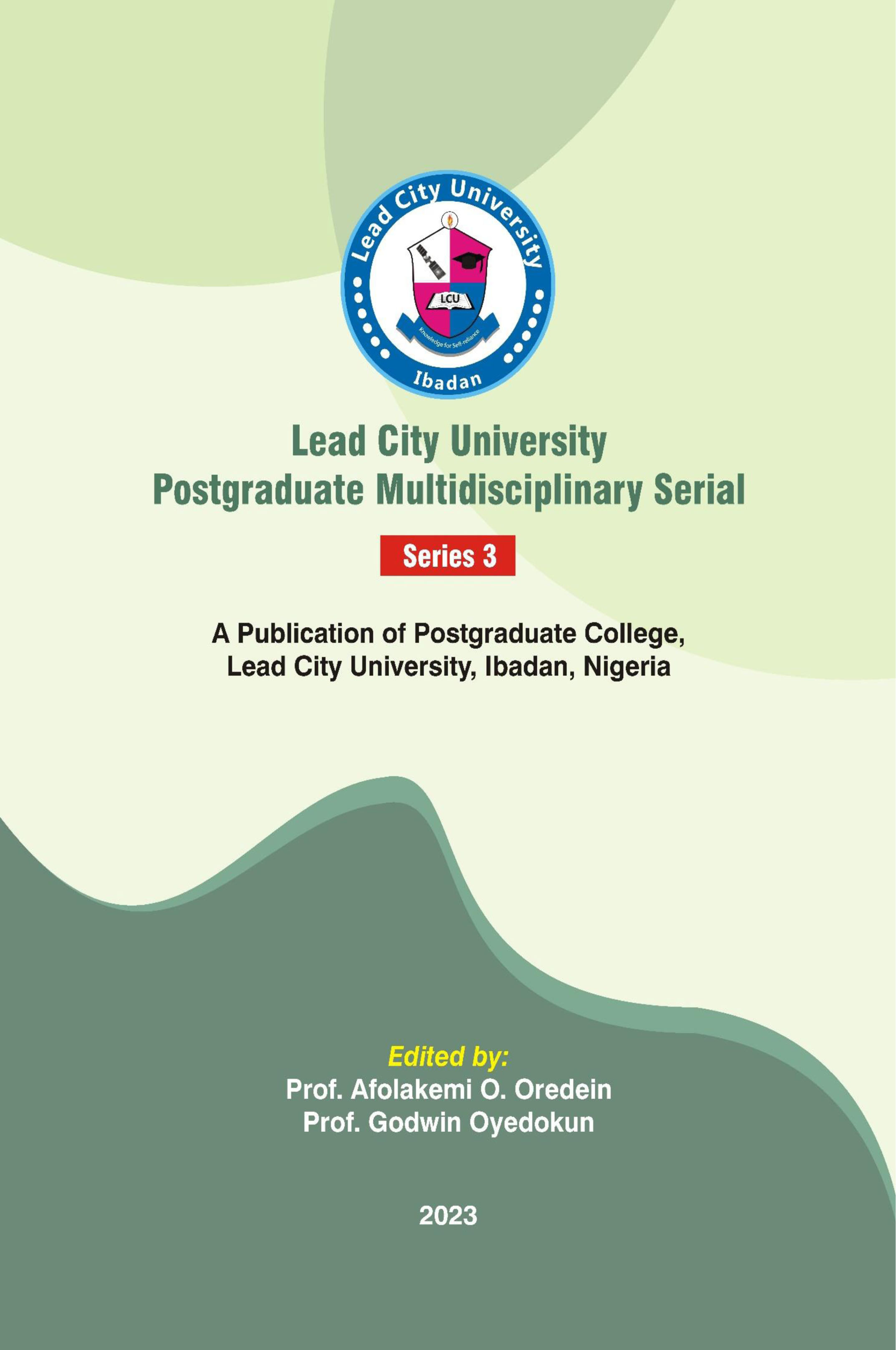Artificial Intelligence; A computational and Linear Programming approach
Keywords:
Computational, Linear Programming, Artificial IntelligenceAbstract
Artificial intelligence (AI) has become a potent tool for resolving complicated issues in a
variety of fields. This study investigates how computational and linear programming
approaches, in particular, may be used to solve practical problems. The computational side of
AI includes creating models and algorithms that replicate human reasoning and decisionmaking processes. A branch of mathematical optimization known as "linear programming"
tries to maximize or minimize a linear objective function while taking into account a number
of linear constraints. Combining these strategies will enable us to maximize efficiency, increase
decision-making, and better allocate resources across a variety of industries, including banking,
logistics, healthcare, and manufacturing. The theoretical underpinnings of computational and
linear programming approaches are examined in this study, and case studies showing how they
have been successfully used in practical scenarios. The results highlight the effectiveness of
AI-driven computational and linear programming approaches in tackling complex problems,
ultimately leading to improved outcomes and increased productivity. As AI continues to
advance, further research and innovation in these areas hold great promise for solving even
more intricate challenges in the future.

